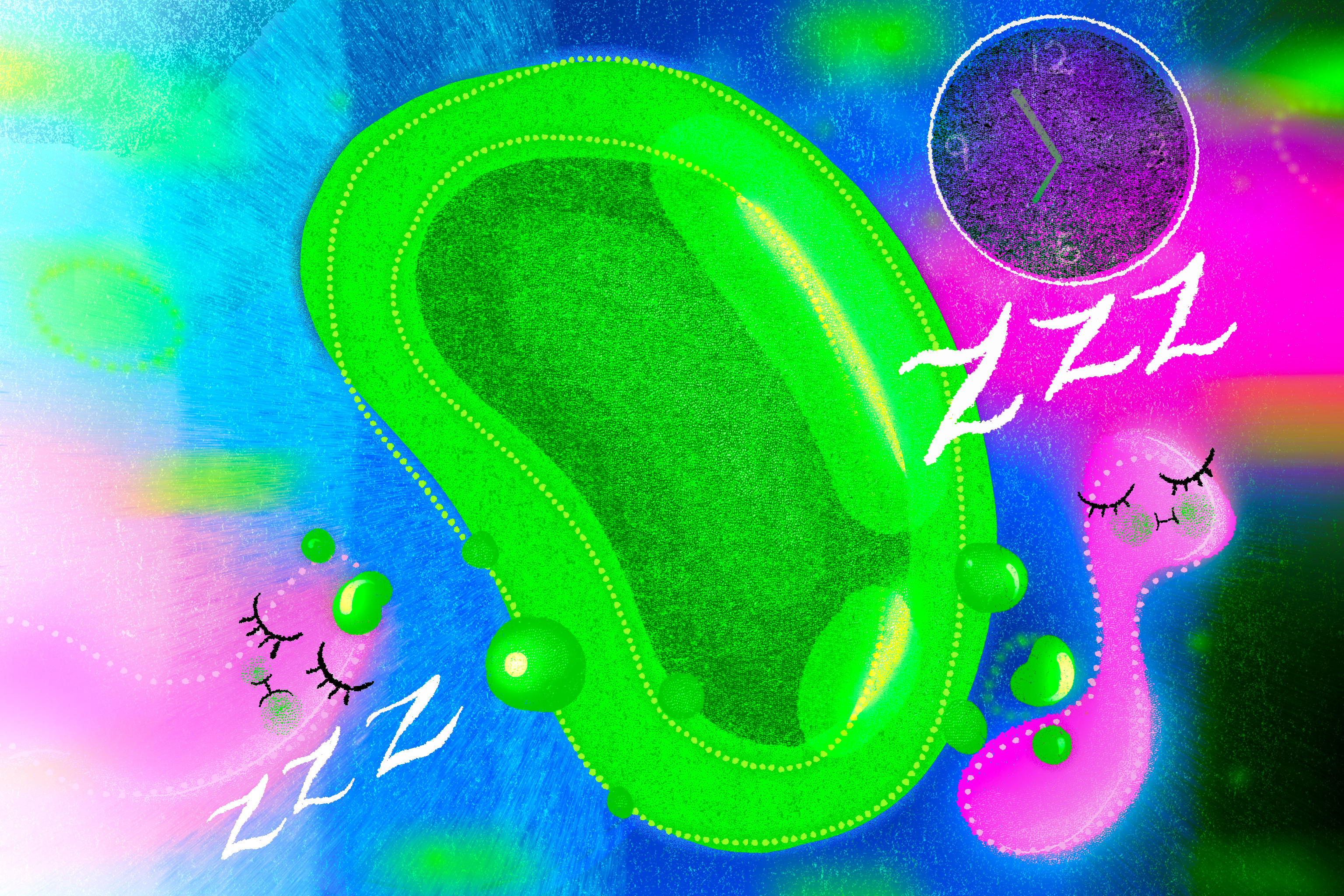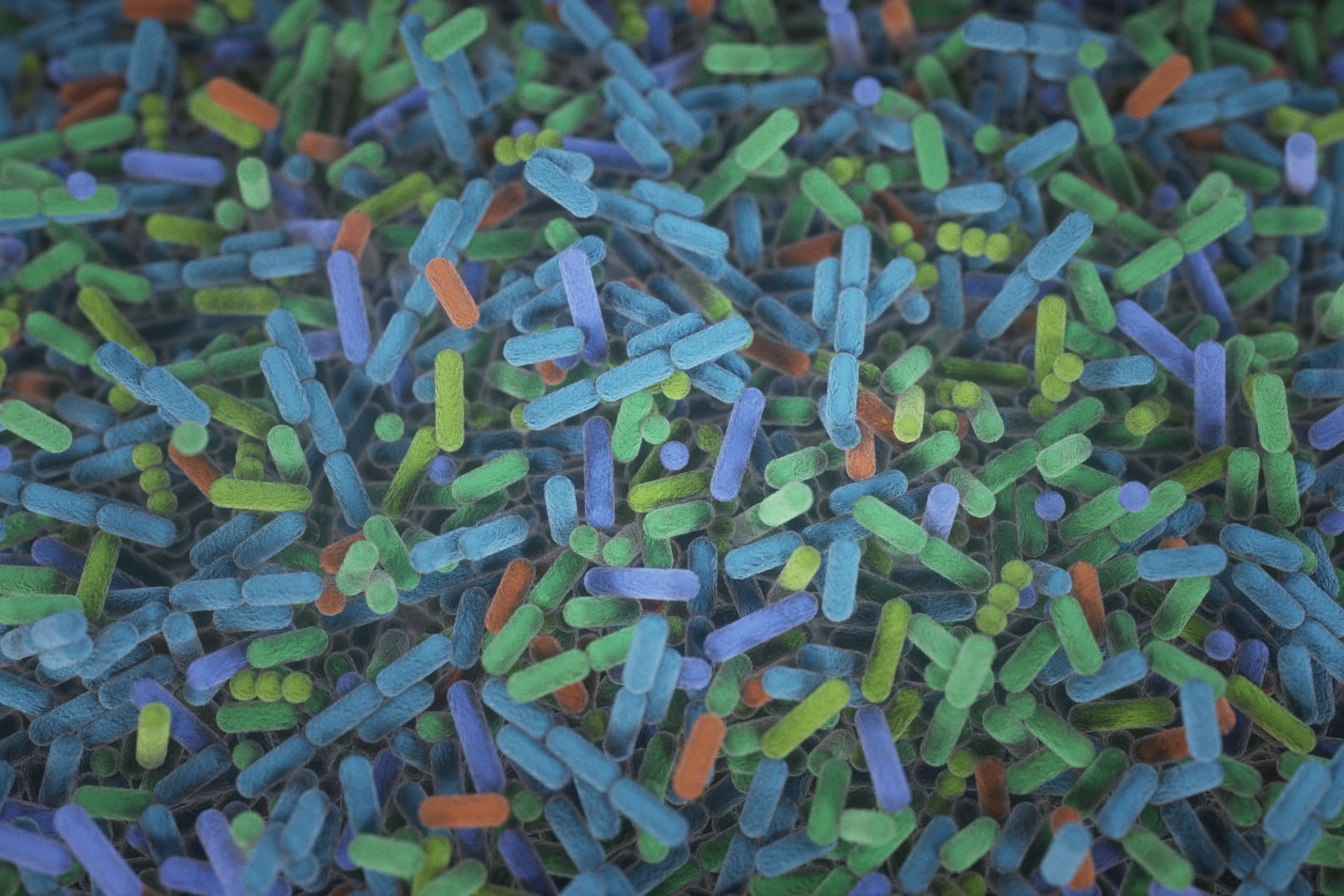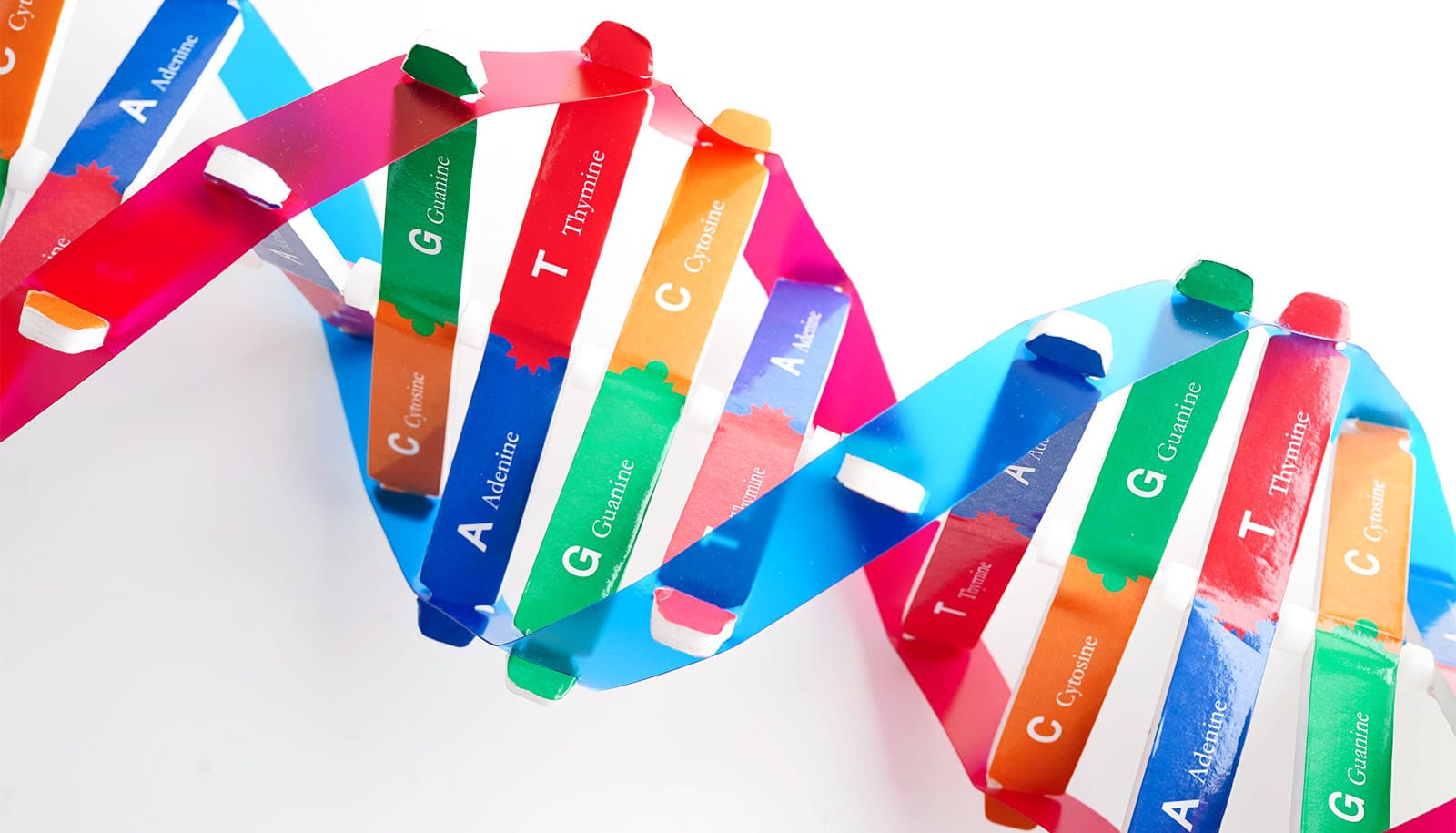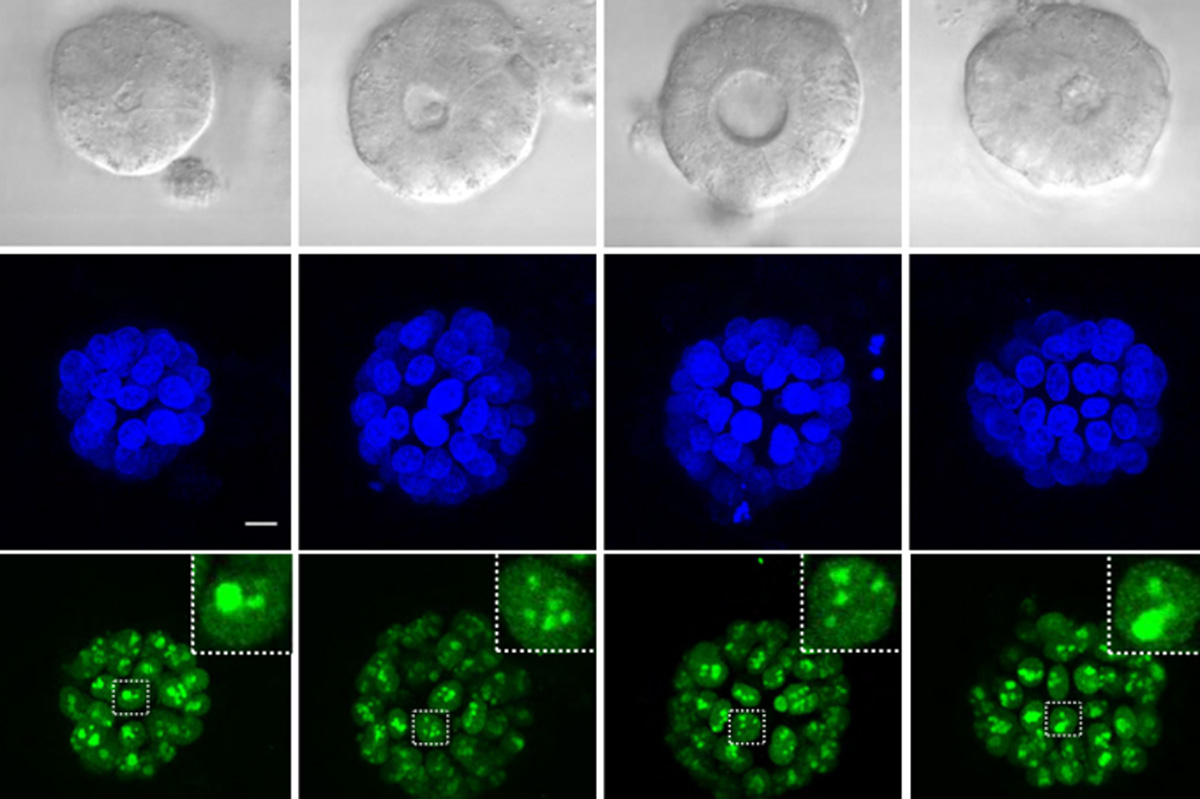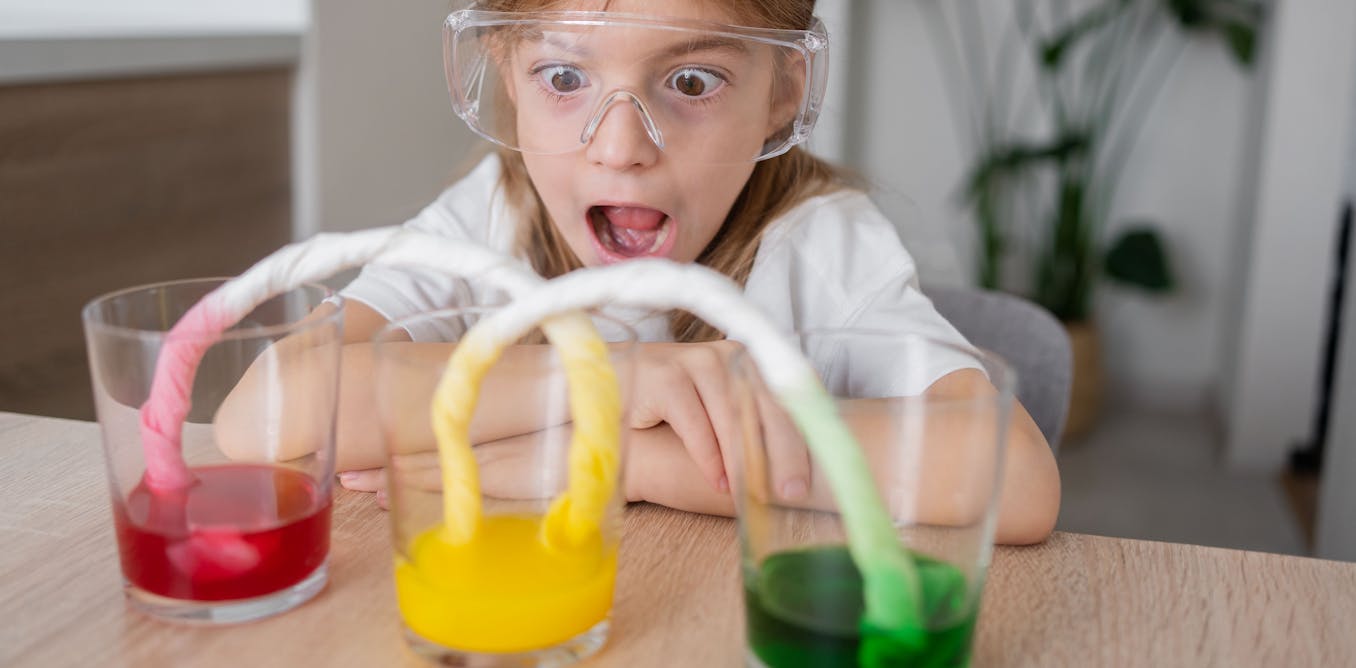Plants and animals with bigger genomes grow less efficiently – new research helps explain why they never died out
The size of DNA cells between the biggest and smallest genomes varies by as much as 10,000 times.
Kimberley Simpson, Research Fellow, School of Biosciences, University of Sheffield •
conversation
Nov. 7, 2024 • ~6 min
Nov. 7, 2024 • ~6 min
Ancient DNA helped us uncover the Iberian lynx’s potential secret weapon against extinction
Research into the vulnerable Iberian lynx reveals surprising insights into its genetic history.
José A. Godoy, Investigador Genómica de la Conservación , Estación Biológica de Doñana (EBD-CSIC) •
conversation
Sept. 24, 2024 • ~8 min
Sept. 24, 2024 • ~8 min
DNA reveals secrets of cave-dwelling medieval community that survived conquest and epidemics
It’s unclear why people chose to live in the caves, but DNA is shedding light on their lives.
Ricardo Rodriguez Varela, Research in Molecular Archaeology, Department of Archaeology and Classical Studies, Stockholm University, Stockholm University •
conversation
Aug. 28, 2024 • ~8 min
Aug. 28, 2024 • ~8 min
/
45

